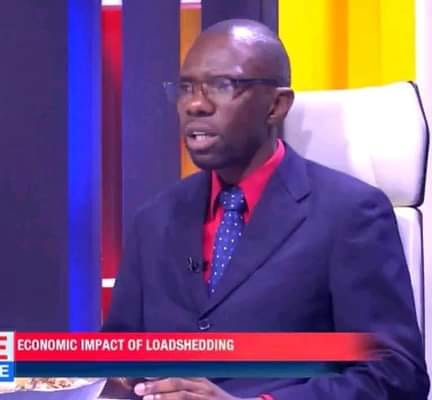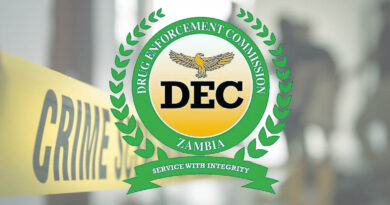Zambia’s Economy Struggles Amid Power Deficit and Inflation
Zambia’s economic performance is under considerable strain as the nation approaches the third and fourth quarters of 2024, with key real sectors experiencing negative impacts.
Economic expert Kevin Chisanga warns of potential distortions that could affect the country’s economic trajectory well into 2025 and beyond, as Zambia heads toward the 2026 election year.
According to Mr. Chisanga, Zambia’s economic outlook remains grim due to several pressing challenges. A persistent power supply deficit continues to loom large over the country’s development prospects, while inflationary spikes, unstable fuel supplies, and unpredictable climate conditions are exacerbating food and water security concerns.
These factors are contributing to an overheating of the local economy, creating a complex web of offsetting effects that are difficult to manage.
Mr. Chisanga noted that the nation is facing “unimaginable” economic pressures, with critical sectors like mining struggling to keep up despite a slow recovery in output. While there is optimism around the potential of green energy, the overall economic environment remains challenging.
“Zambia’s economic aspirations are being weighed down by these significant risk factors, particularly in food and energy supply. The current situation calls for concerted efforts and key stakeholder engagement to identify and implement potential solutions,” Mr. Chisanga emphasized.
He added that the impact of these challenges is expected to be felt across various sectors, with the International Monetary Fund (IMF) likely to revise Zambia’s economic projections in light of the ongoing difficulties.
Mr. Chisanga stressed the importance of aggressive policy interventions to mitigate the effects of these economic pressures and to steer the country toward stability.
In light of the current economic predicament, Mr. Chisanga calls for “strong moderating elements” and a strategic policy focus to navigate through the ongoing crisis.



